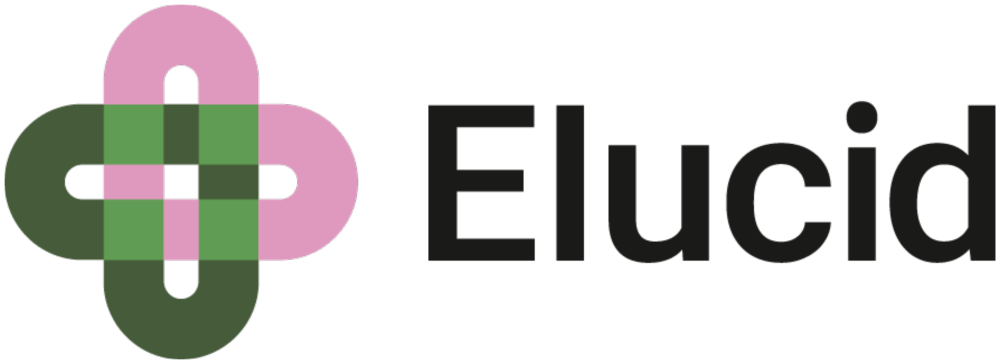Inclusive Design Toolkit: From Access to meaningful technology usage 2

Out-of-pocket payments for health are a major barrier to accessing healthcare for smallholder farmers. Health-related expenditures are a main driver for poverty, child labour, and gender inequality with women being disproportionately impacted by high costs of care, especially during months of pregnancy. Meanwhile, the upcoming EU and international human rights due diligence regulations require stakeholders in the cocoa supply chain to improve their sustainability and to provide granular information on the impact of their efforts in sourcing origins.
To this end, the Akwaaba project ensures financial access to healthcare and reduces the risk of catastrophic out-of-pocket expenditure for health among cocoa farmers in Suhum, Ghana. Data on health outcomes and other socio-economic parameters are shared on a digital platform to monitor the project’s impact. Out-of-pocket payments for health are a major barrier to accessing healthcare for smallholder farmers. Health-related expenditures are a main driver for poverty, child labour, and gender inequality with women being disproportionately impacted by high costs of care, especially during months of pregnancy. Meanwhile, the upcoming EU and international human rights due diligence regulations require stakeholders in the cocoa supply chain to improve their sustainability and to provide granular information on the impact of their efforts in sourcing origins.
To this end, the Akwaaba project ensures financial access to healthcare and reduces the risk of catastrophic out-of-pocket expenditure for health among cocoa farmers in Suhum, Ghana. Data on health outcomes and other socio-economic parameters are shared on a digital platform to monitor the project’s impact.
Salama Matera project
Out-of-pocket payments for health are a major barrier to accessing healthcare for smallholder farmers. Health-related expenditures are a main driver for poverty, child labour, and gender inequality with women being disproportionately impacted by high costs of care, especially during months of pregnancy. Meanwhile, the upcoming EU and international human rights due diligence regulations require stakeholders in the cocoa supply chain to improve their sustainability and to provide granular information on the impact of their efforts in sourcing origins.
To this end, the Akwaaba project ensures financial access to healthcare and reduces the risk of catastrophic out-of-pocket expenditure for health among cocoa farmers in Suhum, Ghana. Data on health outcomes and other socio-economic parameters are shared on a digital platform to monitor the project’s impact. Out-of-pocket payments for health are a major barrier to accessing healthcare for smallholder farmers. Health-related expenditures are a main driver for poverty, child labour, and gender inequality with women being disproportionately impacted by high costs of care, especially during months of pregnancy. Meanwhile, the upcoming EU and international human rights due diligence regulations require stakeholders in the cocoa supply chain to improve their sustainability and to provide granular information on the impact of their efforts in sourcing origins.
To this end, the Akwaaba project ensures financial access to healthcare and reduces the risk of catastrophic out-of-pocket expenditure for health among cocoa farmers in Suhum, Ghana. Data on health outcomes and other socio-economic parameters are shared on a digital platform to monitor the project’s impact.
To this end, the Akwaaba project ensuresre and reduces the risk of catastrophic out-of-pocket expenditure for health among cocoa farmers in Suhum, Ghana. Data on health outcomes and other socio-economic parameters are shared on a digital platform to monitor the project’s impact. Out-of-pocket payments for health are a major barrier to accessing healthcare for smallholder farmers. Health-related expenditures are a main, especially during months of pregnancy. Meanwhile, the upcoming EU and international human rights due diligence regulations require stakeholders in the cocoa supply chain to improve their sustainability and to provide granular information on the impact of their efforts in sourcing origins. To this end, the Akwaaba project ensures financial access to healthcare and reduces the risk of catastrophic out-of-pocket expenditure for health among cocoa farmers in Suhum, Ghana. Data on health outcomes and other socio-economic parameters are shared on a digital platform to monitor the project’s impact.

To this end, the Akwaaba project ensuresre and reduces the risk of catastrophic out-of-pocket expenditure for health among cocoa farmers in Suhum, Ghana. Data on health outcomes and other socio-economic parameters are shared on a digital platform to monitor the project’s impact. Out-of-pocket payments for health are a major barrier to accessing healthcare for smallholder farmers. Health-related expenditures are a main, especially during months of pregnancy. Meanwhile, the upcoming EU and international human rights due diligence regulations require stakeholders in the cocoa supply chain to improve their sustainability and to provide granular information on the impact of their efforts in sourcing origins. To this end, the Akwaaba project ensures financial access to healthcare and reduces the risk of catastrophic out-of-pocket expenditure for health among cocoa farmers in Suhum, Ghana. Data on health outcomes and other socio-economic parameters are shared on a digital platform to monitor the project’s impact.
